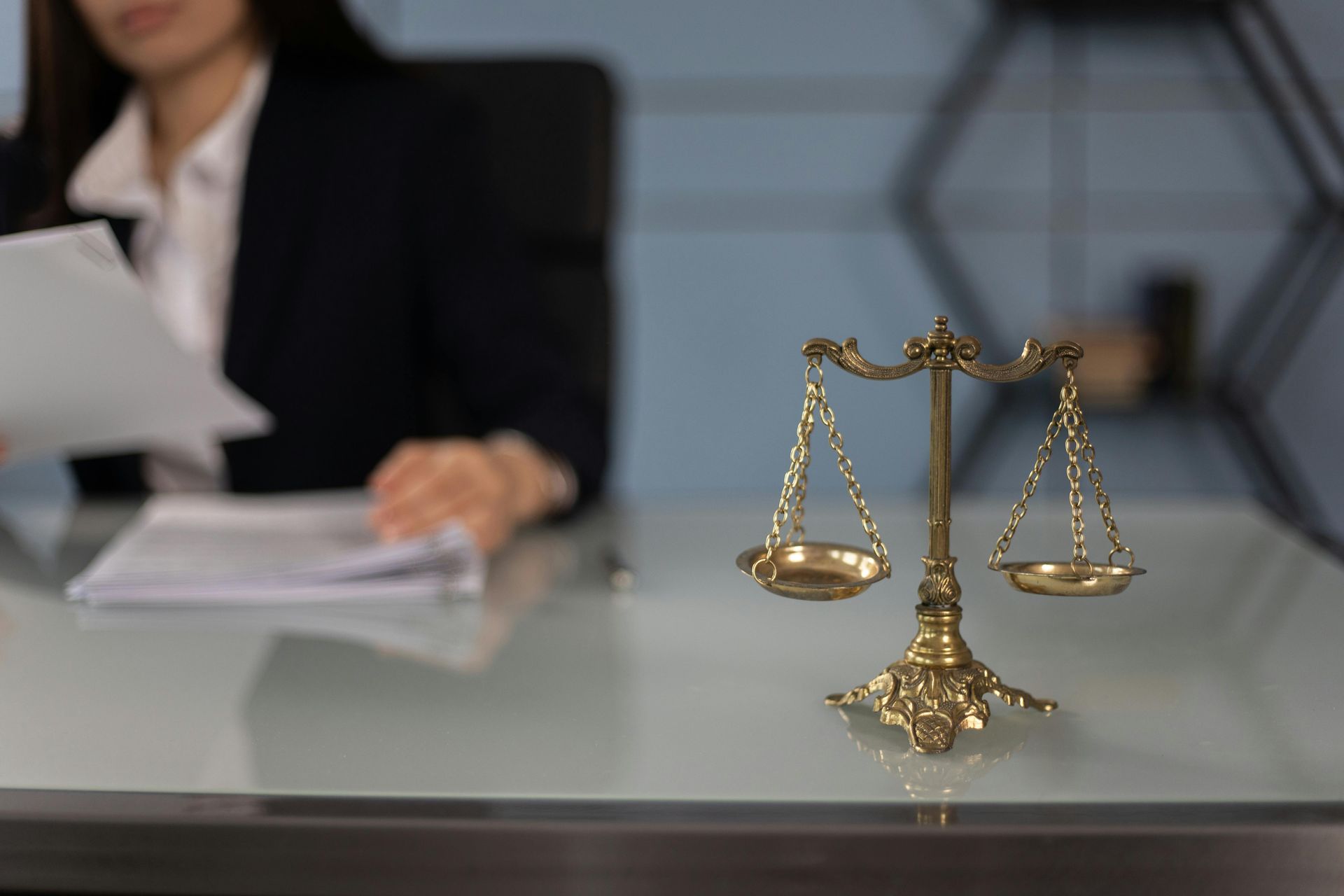Sexual Harassment Lawyer Who Protects
New York Sexual Harassment Lawyer – Your Advocate for a Safe Workplace
Sexual harassment has no place in any job—yet it remains one of the most common and harmful workplace violations in New York. It can take many forms, from unwanted touching to offensive comments to outright demands for sexual favors. These behaviors aren’t just unprofessional—they’re illegal under both federal and New York laws.
Attorney Supriya Kichloo is a Queens sexual harassment attorney who provides a safe, confidential space for clients to share their experiences and understand their options. Whether you work in an office in Midtown, a restaurant in Astoria, or a retail shop in Flushing, you have the right to a workplace free from harassment—and the right to take action when it happens.
Harassment Free
What Counts as Sexual Harassment in the Workplace
Sexual harassment includes unwelcome conduct of a sexual nature that affects your job, creates a hostile work environment, or results in an adverse employment decision.
Two main forms of harassment are:
- Quid Pro Quo Harassment – A supervisor or manager demands sexual favors in exchange for promotions, raises, or continued employment.
- Hostile Work Environment – Ongoing or severe behavior—like crude jokes, sexual comments, inappropriate touching, or displaying explicit material—that makes the workplace intimidating or offensive.
It’s important to know that harassment can come from supervisors, co-workers, customers, or even non-employees, and it’s illegal regardless of your gender, orientation, or position.
Zero Tolerance
Your Rights Under New York’s Strong Anti-Harassment Laws
New York and New York City have some of the strongest anti-harassment protections in the country.
- You don’t need to prove “severe and pervasive” conduct under NYC law—a single incident can be enough if it’s serious.
- You’re protected from harassment whether you’re a full-time employee, part-time worker, contractor, or intern.
- Retaliation for reporting harassment is illegal. If your hours are cut, you’re demoted, or you’re fired after speaking up, you may also have a wrongful termination or retaliation claim.

How We Help Harassment Victims
We handle sexual harassment cases with compassion, confidentiality, and a clear focus on protecting your rights. Our process includes:
01
Listening to your story in a confidential consultation »
02
Explaining your legal options under federal, state, and city laws »
03
Guiding you on whether to file an internal complaint, go directly to an agency, or proceed to court »
04
Filing with the EEOC, the New York State Division of Human Rights, or the NYC Commission on Human Rights when appropriate »
04
Pursuing compensation and policy changes to prevent future harassment »
When you choose our firm, you work directly with an attorney—someone who will personally stand by you through every step.
Documenting & Proving Harassment
Even without direct evidence like emails, you can build a strong case. We help clients:
- Save text messages, emails, or written notes with dates and details of incidents
- Keep a journal describing each occurrence, including who was present
- Identify co-workers or witnesses who may have seen or heard the harassment
- Gather performance reviews and job records to counter false claims made after a complaint
Possible Outcomes in a Sexual Harassment Case
Even without direct evidence like emails, you can build a strong case. We help clients:
- Save text messages, emails, or written notes with dates and details of incidents
- Keep a journal describing each occurrence, including who was present
- Identify co-workers or witnesses who may have seen or heard the harassment
- Gather performance reviews and job records to counter false claims made after a complaint

FREQUENTLY ASKED questions
Sexual Harassment FAQ
Do I have to quit my job to take legal action?
No. You can pursue a claim while still employed. If the harassment forces you to resign, that may be considered “constructive discharge,” which is also actionable.
What if I don’t have direct proof?
Many cases are built on testimony, patterns of behavior, and witness statements. Your word matters, and we know how to gather supporting evidence.
Can I talk to a lawyer without alerting my employer?
Yes. All consultations are confidential, and we only take action with your permission.
We’re Here to Help
You Deserve a Workplace Free From Harassment
If you’re experiencing sexual harassment at work, you don’t have to face it alone. We’ll explain your rights, outline your options, and fight for the respect and compensation you deserve.
Call
480-381-1015 or contact us today » for a free, confidential consultation with NYC sexual harassment lawyer Supriya Kichloo. We represent workers across Queens, Brooklyn, Manhattan, the Bronx, and Long Island.


